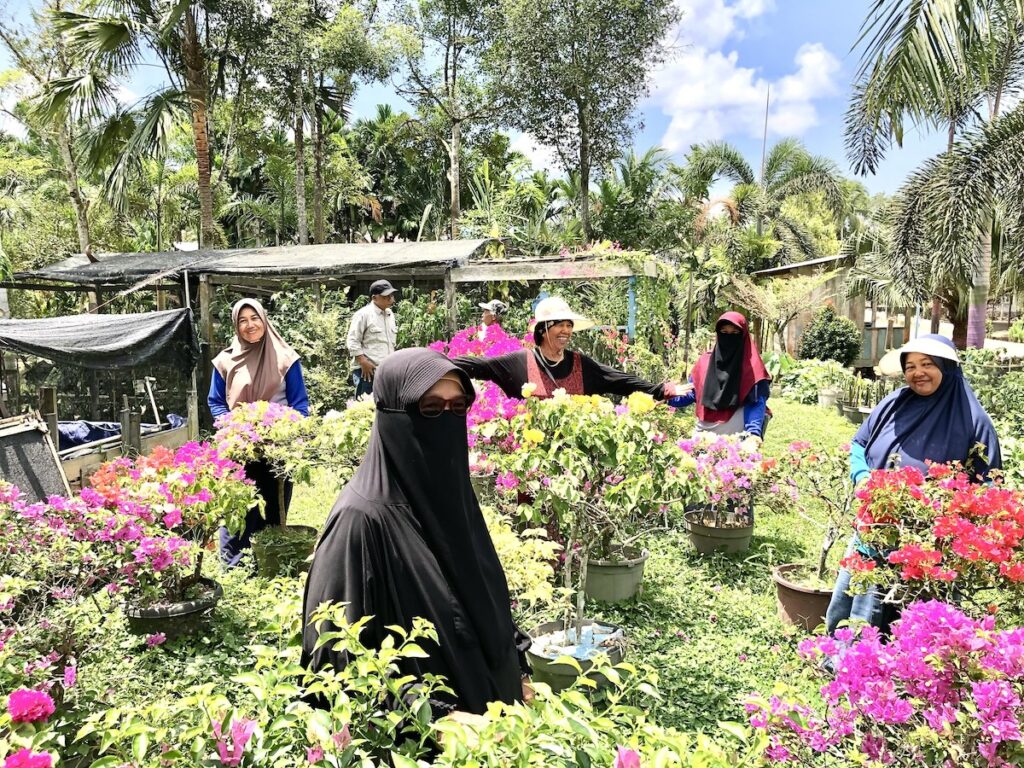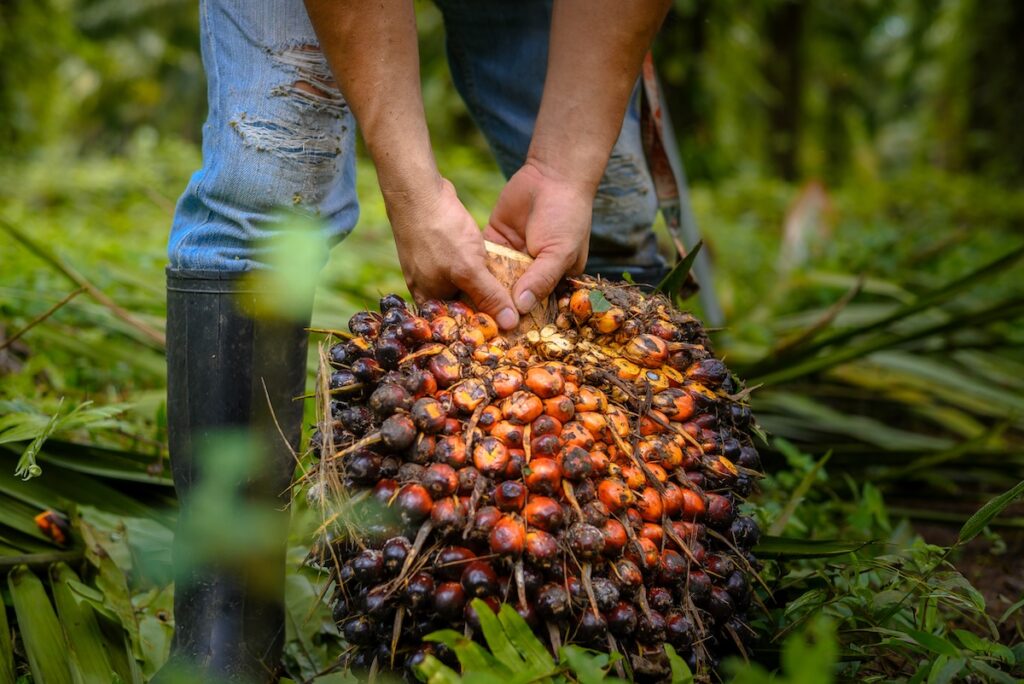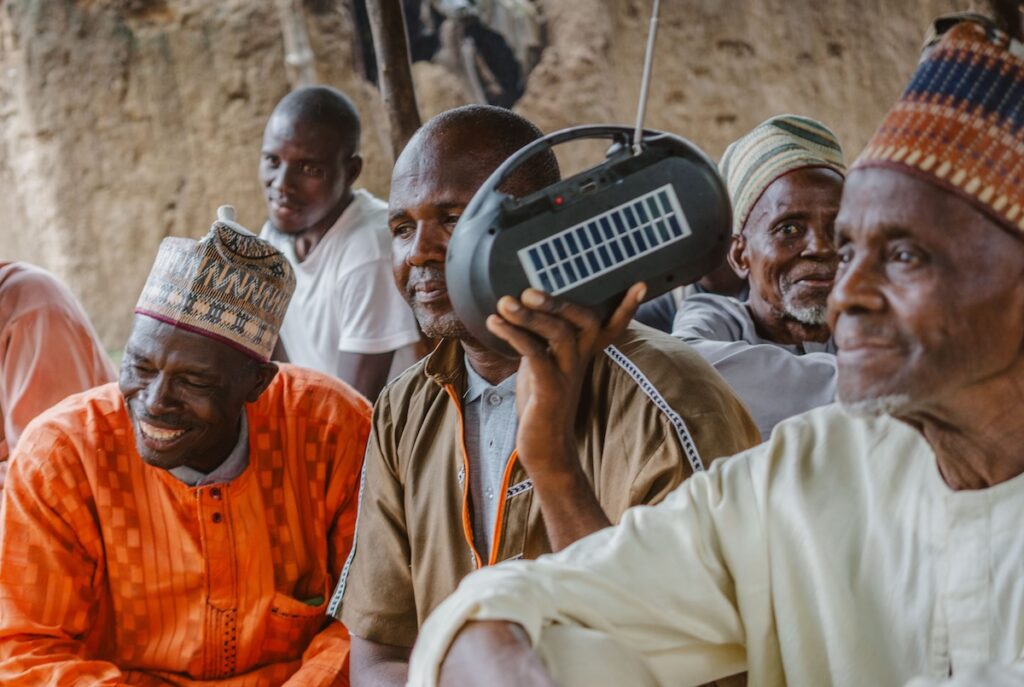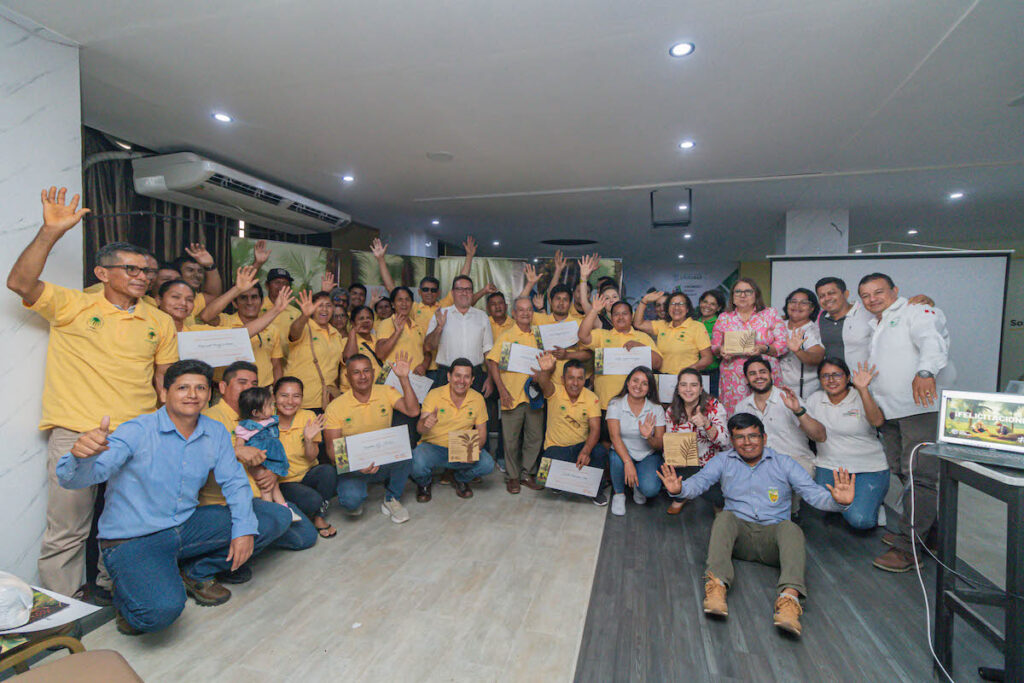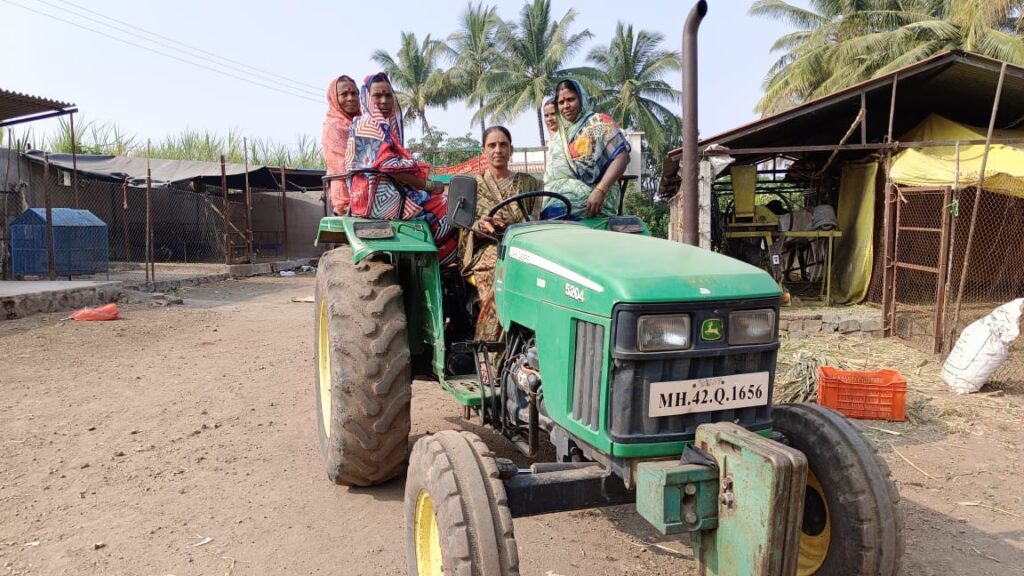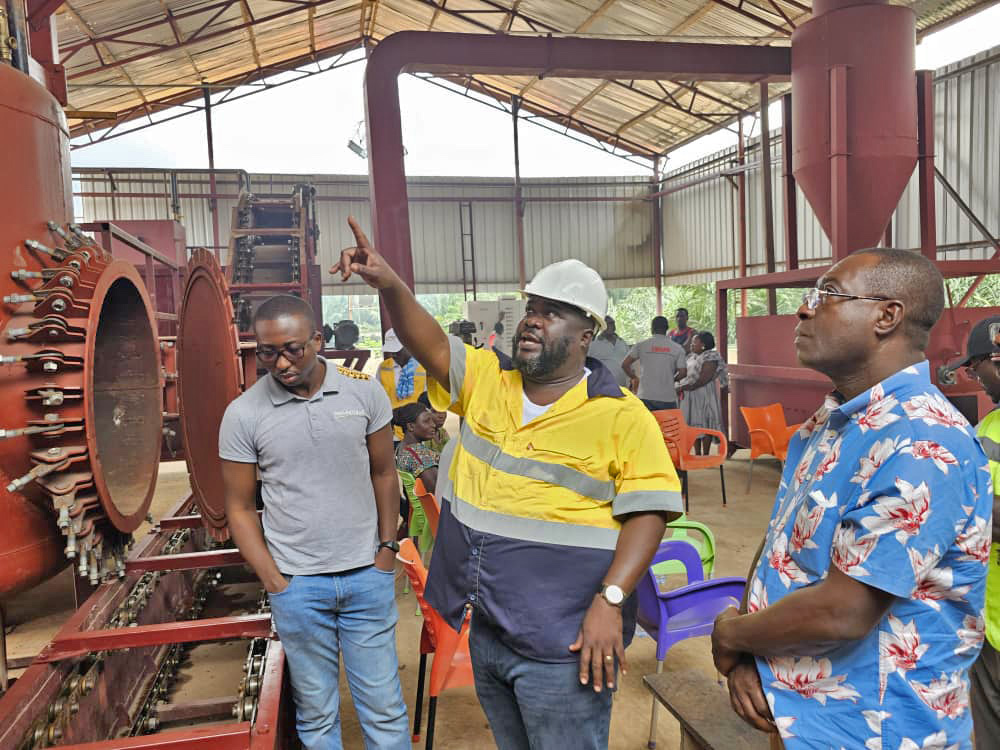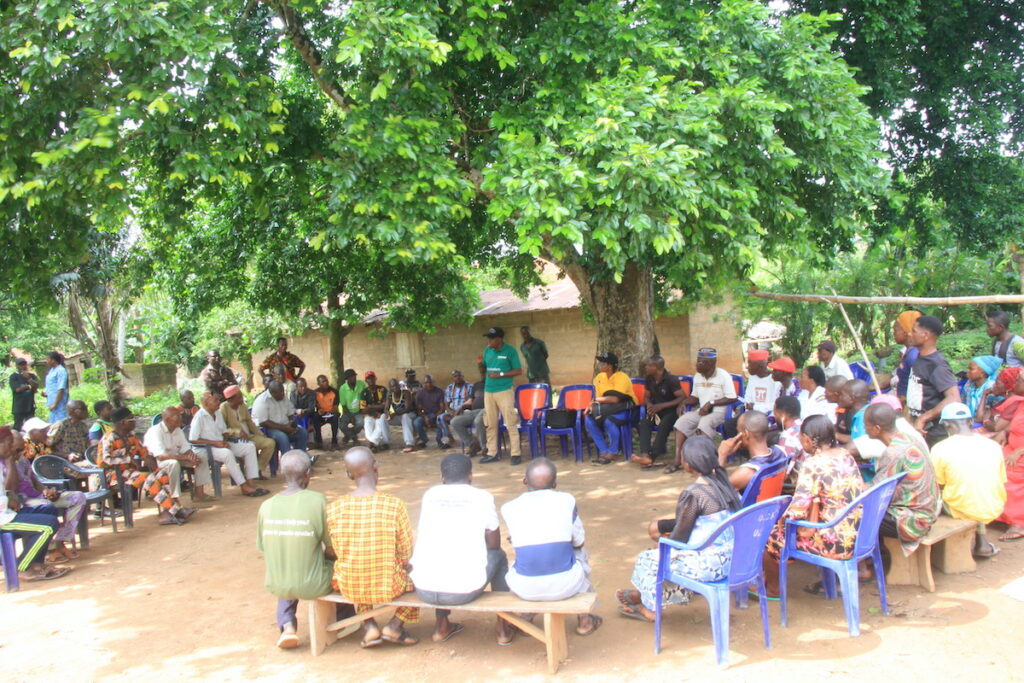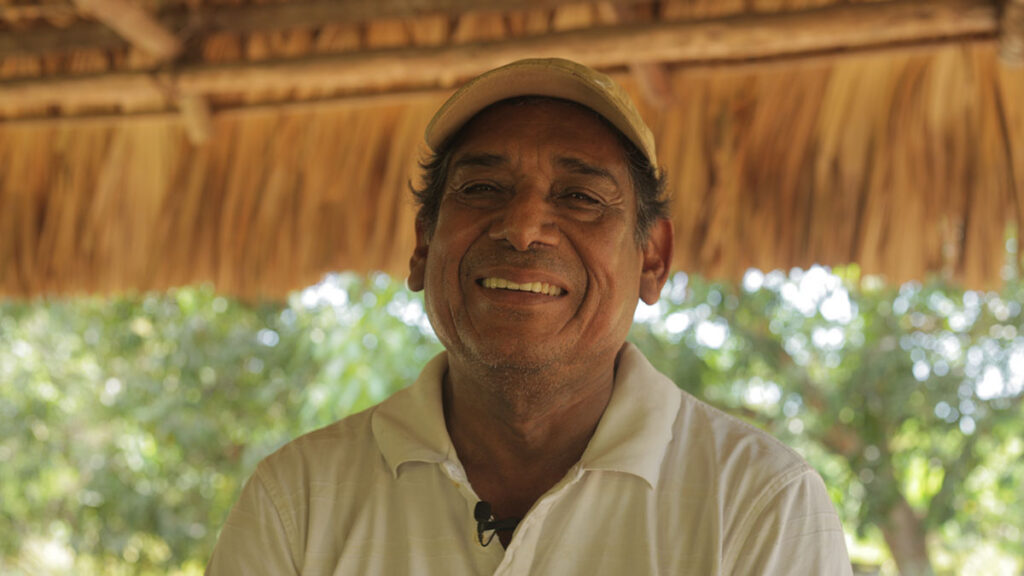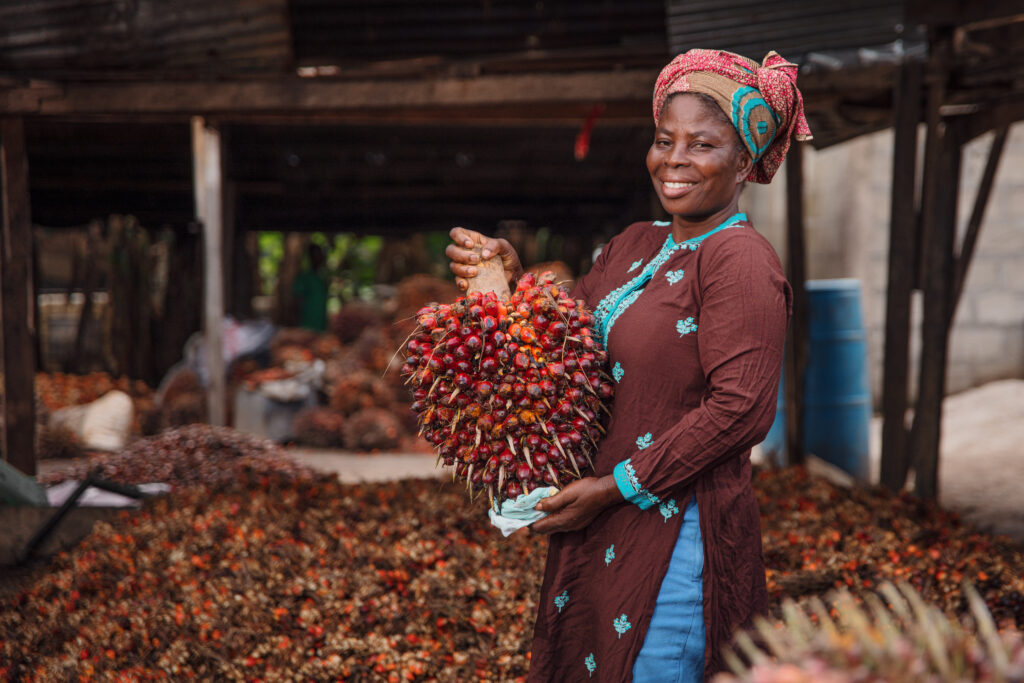Decent working conditions promote social justice
This is the final installment of an interview with Francisco Naranjo, Director of RSPO Latin America, and Flavio Linares, Head of Technical Programmes for Solidaridad Central America, Mexico and The Caribbean. In installment one, Francisco and Flavio discuss human rights and how the RSPO contributes to upholding them.
In installment two, they discuss the necessity for inclusion of palm oil smallholder producers in certification processes, in order to uphold social justice, promote sustainable development and propel economic growth in the region. Here the two sustainable palm oil experts explain how the RSPO P&C and Solidaridad’s work with RSPO will contribute to ensuring fair working conditions for all workers throughout the chain.
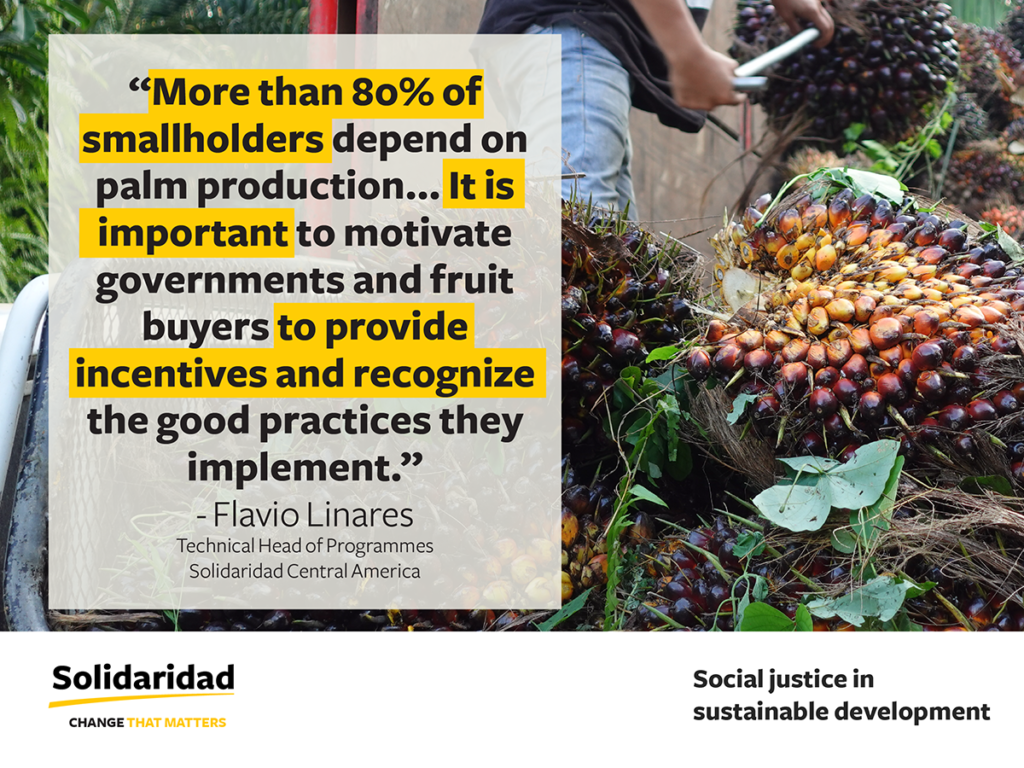
How do we ensure fair working conditions in the palm oil commodity chain?
FN: In the most recent revision of the standard, RSPO strengthened everything that has to do with safe working conditions: respect for union rights, the payment of a decent wage, non-discrimination, zero child labour, rejection of forced labour, among other important issues.
While they have been covered in previous versions of the RSPO standard, in the 2018 P&C, these issues have been bolstered, with the intention of guaranteeing all the conditions required for decent work throughout a sustainable palm oil chain.
On the subject of a living wage, in particular, a methodology has been incorporated to collect all the necessary information, with the aim of making a living wage estimate in each palm oil producing country. In later phases, we will begin an implementation process together with our producer members to effectively close any existing gaps between basic wages and the living wage.
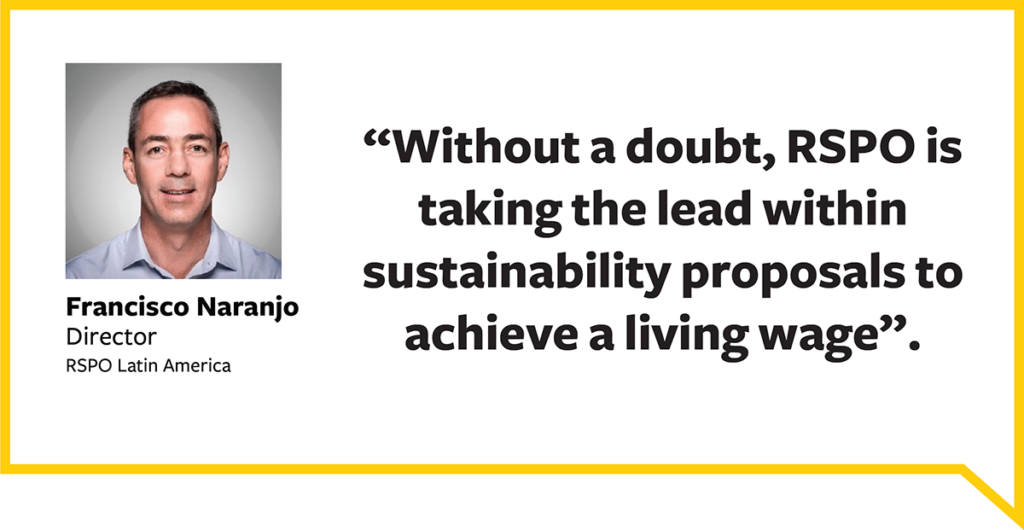
FL: Each time [it is revised], the RSPO standard is much more robust. In the 2018 version, the RSPO practically affirms the values written in the UN’s guiding principles that have to do with human rights and companies, as well as the international labour standards of the ILO.
Within RSPO’s P&C, there are 77 indicators that reinforce these values. Among them are the way in which recruitment is carried out, the way in which employment is provided, it focuses on generating local employment in the communities and also emphasizes the provision of social protection, social dialogue and the fundamental principles and rights that workers have.
All members have to respect the legal framework and the minimum wage, but in the new 2018 P&C, the hope is that this minimum wage can be standardized and aspire to a living wage, for decent work.
Decent work and social inclusion in Honduras’ palm oil sector
Decent work conditions gain worker satisfaction and increase productivity. This year, we launched our new programme, RECLAIM Sustainability!, a new joint, five-year programme that will foster inclusive and sustainable value chains in which the interests, voices and rights of the farmers, workers, miners and citizens are represented and heard in decision making.
In Honduras, RECLAIM Sustainability! will focus on decent work and social and gender inclusion as strategic priorities in the palm sector, building onto our already solid base in the region through the MAPA stakeholder platform.
Through RECLAIM Sustainability!, we will enlist the support of local partners to strengthen civil society capacities, so that actors are able to promote and drive a decent work model in the sector.
Also, to ensure that the model is aligned with the national regulatory framework, international standards such as the RSPO, the UN human rights guiding principles and the ILO conventions, the programme will have the support of the Honduran ministries of labour, social security, agriculture and livestock, and other government actors.
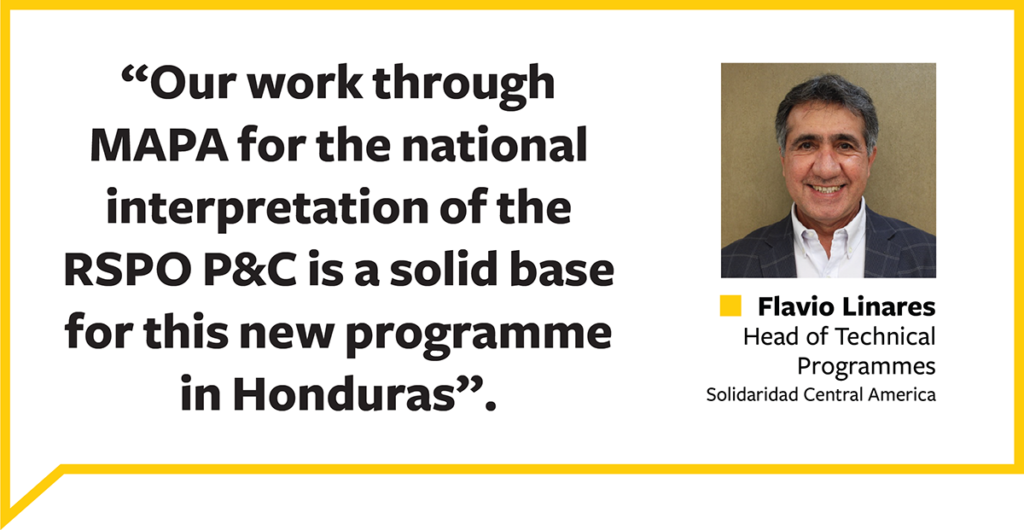
Get in touch
For questions about our work with the RSPO standards in Central America, please contact Flavio Linares Head of Technical Programmes.


